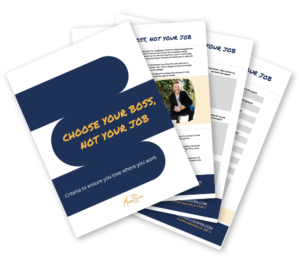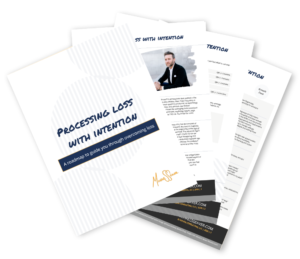People in career transition, or those seeking career change, often struggle with a variety of issues related to making the transition. You have probably seen those around you fall into one of the following six categories. You may also fall into one of them yourself.
- I think I know the process
- I want to do it my way
- I’m too pessimistic to adjust my approach
- I’m going to stay busy with what looks like a career search
- I know what to do, but I won’t do it
- I do the right thing, but do it too late
I propose that you look at career transition from the perspective of a project manager. Success will be directly dependant upon your ability to plan the work and work the plan. Instead of getting caught in one of the above six traps, ask yourself two questions.
1. What constraints do I agree to put on my career transition? In other words, what do I agree to never do again? Limiting your own behavior will help you to never limit someone else in the achievement of their goals. Remember, you need to generate for, not extract from, your stakeholders. By limiting certain behaviors, you increase the opportunities to add value to others in your life.
Here are examples of constraints that may be beneficial. I agree to not:
- stay stuck in my daily habits and routines
- be pessimistic towards the search or towards others
- focus for too long on mistakes, failures, rejection letters, poor interviews, etc.
- spend so much time planning that I don’t take action
- avoid human contact
- stop learning about the career search process or my stakeholders
2. What imperatives do I agree to live by daily, without fail? In other words, what do I agree to always shoot for? By establishing unconditional obligations to be obeyed universally, you are agreeing to not just make incremental change, but to make a quantum leap in your life.
Here are examples of imperatives that may work for you. I agree to:
- have a robust resume full of keywords and accomplishments, and absent of clichés
- thoroughly understand what the market/your target organization is looking for
- consistently network with decision makers
- learn how to adapt my behavioral style to those around me
- have a focused, multi-strategy (online and on ground) search
- generate real well being for all those I interact with
Remember, employers have a strong sense that the way you look for a job is the way you will act on the job.
Prove them right.






Connect with me